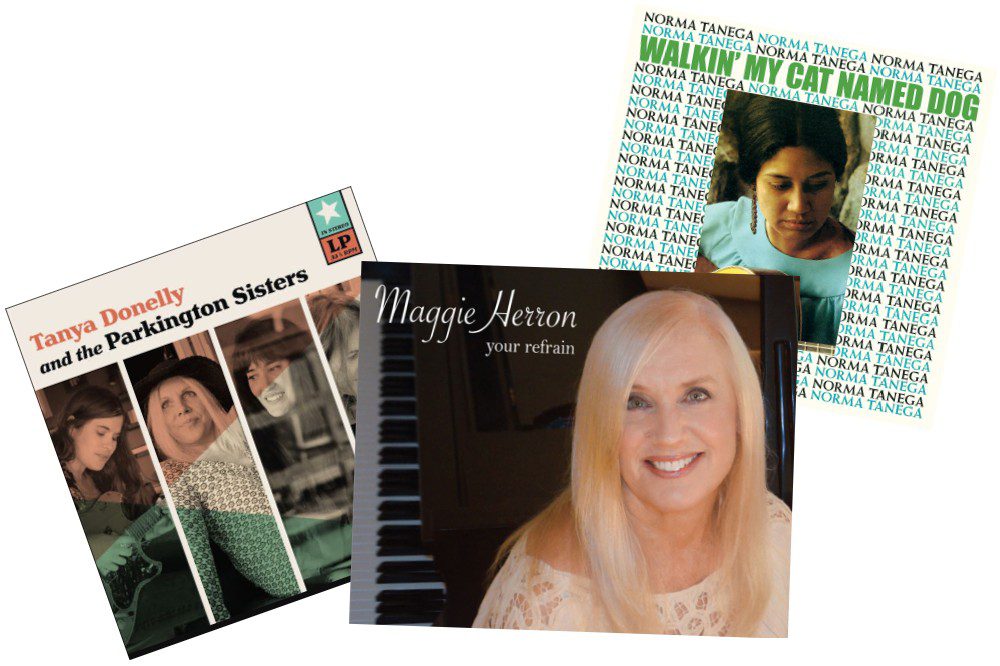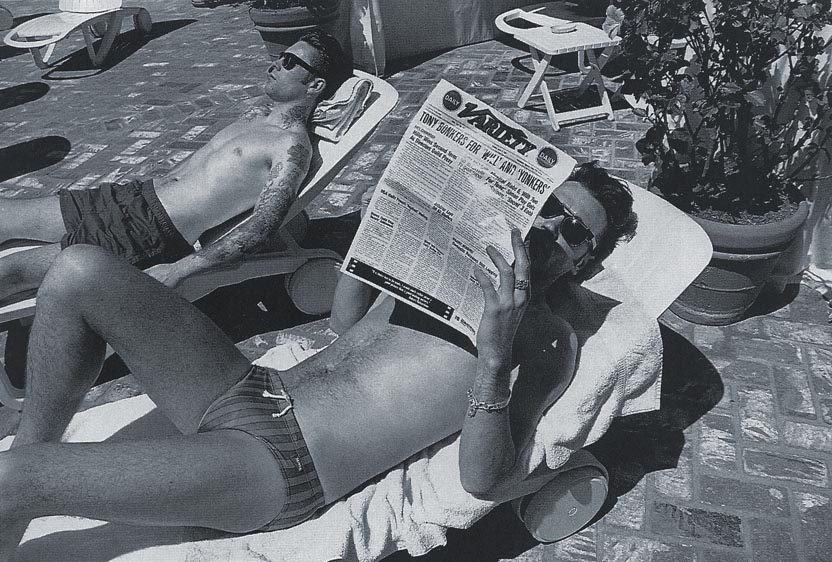MUSIQUE BOUTIQUE: Juanita Euka, Beverly “Guitar” Watkins, Karen Dalton, Irma Thomas
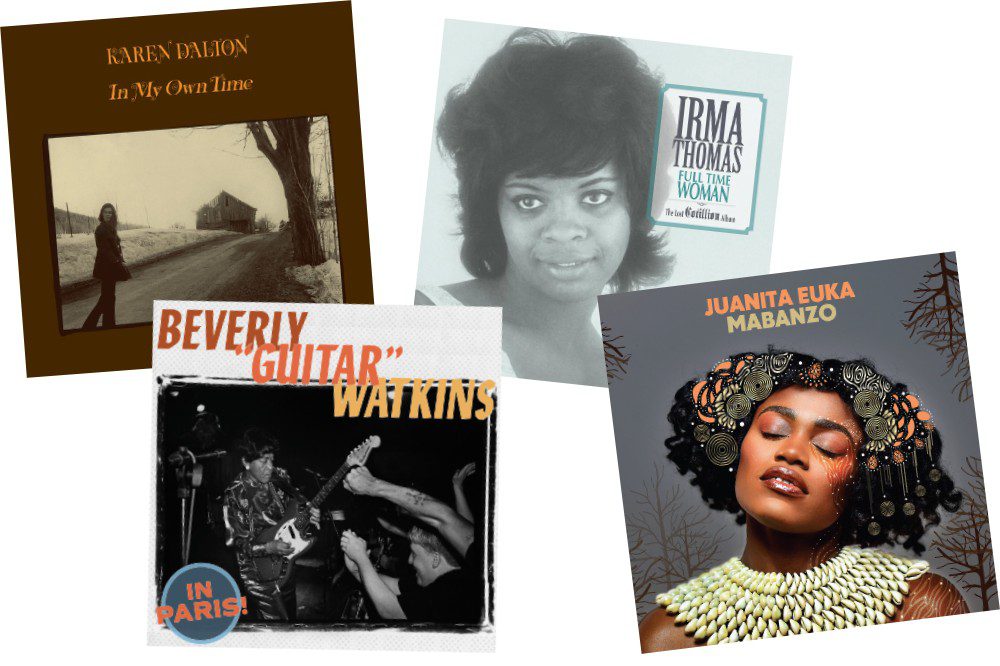
Welcome to Audiofemme’s record review column, Musique Boutique, written by music journo vet Gillian G. Gaar. The last Monday of each month, Musique Boutique offers a cross-section of noteworthy reissues and new releases guaranteed to perk up your ears.

Born in RD Congo, raised in Buenos Aires, and now based in the UK, Juanita Euka has already made a name for herself through singing with groups like the London Afrobeat Collective, Latin/Afro band Aminanz, and Cuban fusion group Wara. Now she steps out on her own, with her exhilarating solo debut, Mabanzo (Strut Records). Euka’s musical heritage encompasses not only Latin and African influences, but also absorbing her father’s favorites when she was growing up in Argentina, like Sinatra and Roxette (“he LOVED Roxette!”), and discovering what she calls “female singers with attitude” (TLC, Salt-N-Pepa) via MTV. It’s a rich tapestry to draw from, making her music especially vibrant and enticing.
The opening track, “Alma Seca” (“Dry Soul”), begins with a simple, steady beat, adds gently tapping percussion, then brings in Euka’s cool voice, her light, breezy delivery offering no clue that the lyrics are actually about a failed love affair. Whether singing in Spanish, English, or French, the percolating rhythms draw you in, and there’s a decided life-affirming subtext to much of the album. “Suenos de Libertad” (“Dream of Freedom”) is a beguiling number about the struggle for justice as a way of honoring the past. “Blood” is a proud, uplifting song about the perseverance of hope. “Camarades” (“Comrades”) accentuates the positive in preparing for the future: “You have to change the day/You have to change your destination/It all starts in your head.” Euka’s musical journey is one that’s worth celebrating.

It’s been great to see pioneering women guitarists like Sister Rosetta Tharpe finally getting recognition for their accomplishments. Beverly “Guitar” Watkins is another musician who broke ground as one of the few women musicians on the R&B circuit, wielding her guitar for decades before she finally got the opportunity to release her first album, at age 60. Now, three years after her death in 2019 at the age of 80, comes her first live album, In Paris (Music Maker Foundation), taken from a 2012 show.
Watkins described her style as “real Lightnin’ Hopkins lowdown blues … hard classic blues, stompin’ blues, railroad smokin’ blues,” and she certainly smokes throughout this set, from the anti-war vibes of “Baghdad Blues” to the rollicking wrap up, “Get Out on the Floor.” She growls her way through a fierce take of “What’d I Say” by Ray Charles (whom she used to play with), and sweetly croons Sam Cooke’s “You Send Me.” And for a master class in blues you can’t do better than the steamy “Red Mama Blues,” named after one of her guitars.
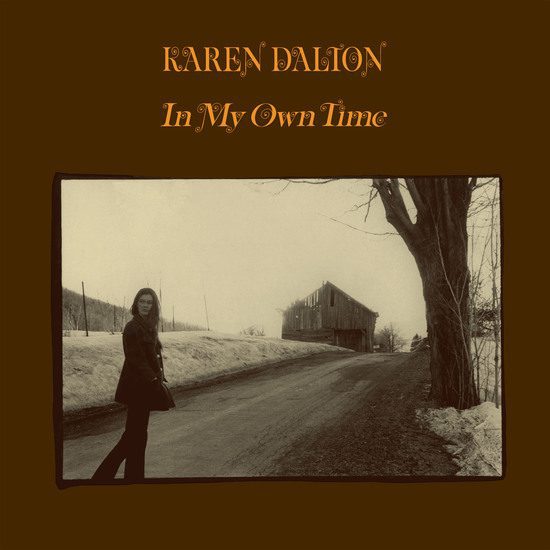
Karen Dalton didn’t sound like any other folk singer, with a bluesy cast to her voice that drew comparisons with Billie Holiday (though she herself cited Bessie Smith as her greatest influence). Dalton, of Native American and Irish heritage, was born in Texas and grew up in Enid, Oklahoma, where she learned to play guitar and banjo. She arrived in Greenwich Village just in time for the folk boom of the 1960s, but never reconciled with the machinations of the music industry, and after the release of her second album, she retired as a performer (tellingly, an ad promoting the record was headlined “For 10 years, Karen Dalton has been trying hard not to be famous”). She later struggled with substance abuse, and died of AIDS-related illness in 1993 at the age of 55.
Over the years, Dalton’s music resurfaced in television series and films (Brittany Runs a Marathon, The Serpent). Now comes the reissue of that second album, In My Own Time (Light in the Attic) in an expanded edition. Dalton generally performed other people’s songs, and the album has a mesmerizing version of the traditional ballad “Katie Cruel,” a sorrowful tale of a woman in decline: “When I first came to town/They brought me drinks of plenty/Now they’ve changed their tune/And hand me the bottles empty.” There’s a fine honky-tonk rendition of “How Sweet It Is,” and, for the first time, the release of Dalton’s live recordings, including “Blues on the Ceiling,” “Are You Leaving for the Country,” and a heart-rending version of her best known number, “Something On Your Mind.”
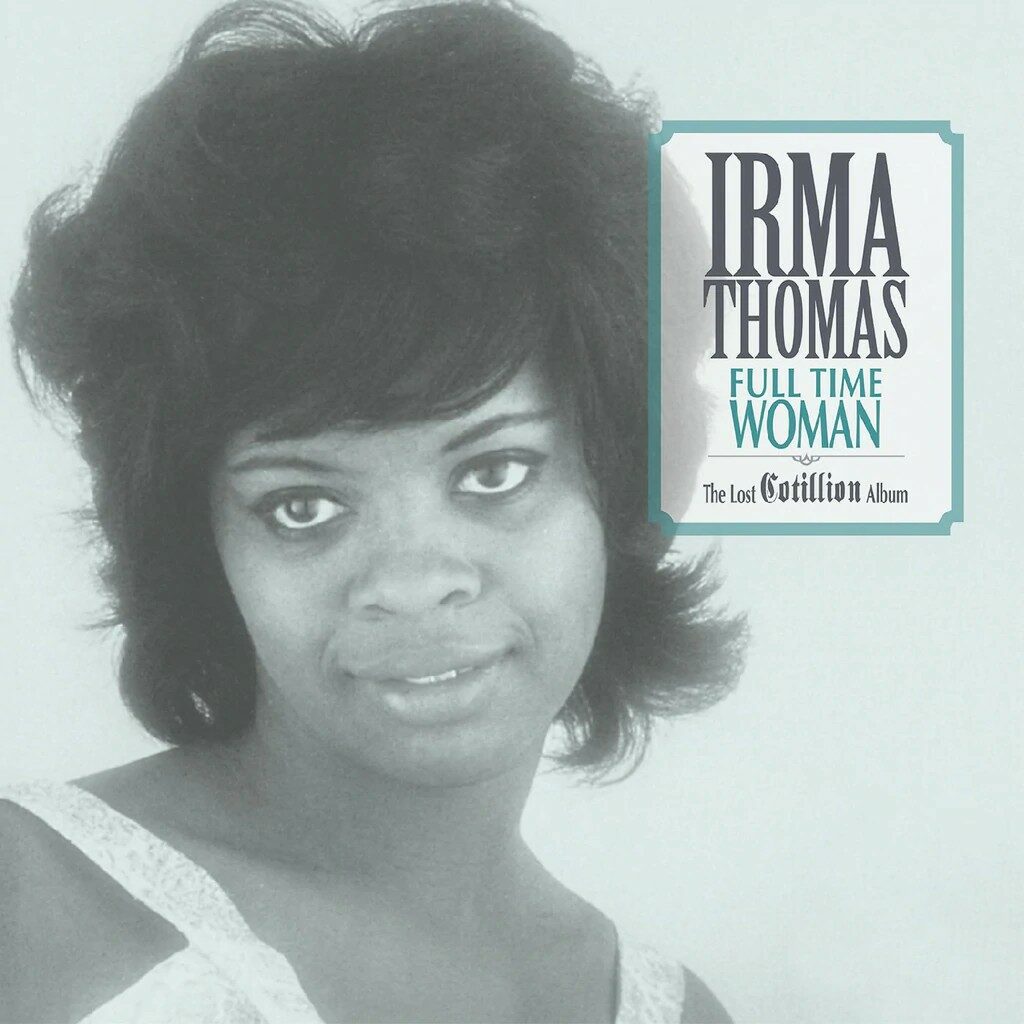
Irma Thomas, “the Soul Queen of New Orleans,” had her first hit when her single, “Don’t Mess with My Man,” reached No. 22 on the R&B chart in 1960; she’d just turned 19. Over the course of her career she landed other hits on the R&B and pop charts, and released a number of gospel albums as well. Her songs also came to the attention of other artists; Tracey Ullman would record “Breakaway,” and the Rolling Stones would cover “Time Is On My Side,” both previously recorded by Thomas in 1964.
In the 1970s, Jerry Wexler signed Thomas to Cotillion Records, but the label only ended up releasing one single by her, “Full Time Woman,” in 1972; the rest of the tracks were left to languish in the vaults. They first escaped on CD in 2014; now vinyl fans can partake in the bounty on Full Time Woman: The Lost Cotillion Album (Real Gone Music), pressed on light blue vinyl. The title track is a stirring song of independence, sung from the perspective of a proud woman in search of personal fulfillment. There’s a powerful version of Bobbie Gentry’s “Fancy,” with Thomas’ own Southern roots adding further authenticity to this tale of sin and redemption. There’s also original material, such as the jauntily optimistic “Waiting for Someone,” with the promise of good times just around the corner.

